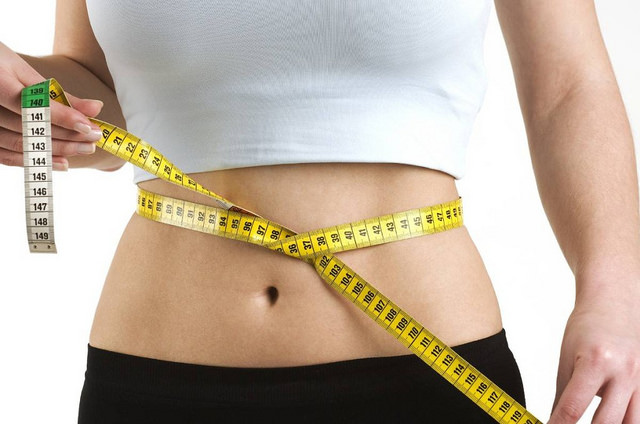when you workout at home, the very thought of germ-infested elliptical equipment and the icy winter street to your fitness center make your living room work out feel all the better. Actually, many people actually opt to exercise at home, at their own leisure. Some continue so far as hiring fitness trainers to come to their place and present them proper, private sessions. As put together from Beachbody.com, here are nine explanations why your home fitness space is preferable to visiting the gym, especially in the forthcoming winter season.
1. You do not have to handle the cold
All comfy and warm in your own home? Good thing your gym is 10 feet in front of you just. There is literally no excuse so that you can not get up and exercise now...
2. Fitness center schedules don't determine your routine
Gym closed due to a strike? Need to work late in to the evening and problems about lacking your 6pm Pilates category? Fret not... just distributed your exercise mat and get going by yourself, when you wish.
3. You don't need to care the method that you look
Rocking polka dot leggings with a striped yellowish t-shirt? Haven't brushed nice hair? Does it subject? Nope. You're all set! (Unless you are going to take an Instagram selfie later...)
4. The bacteria are your own
With flu season completely swing, it's a complete blessing you do not have to get worried if the super-sweaty guy in your health club wiped down the fitness treadmill. Instead, you can swim within your own sweat and be anxious about cleaning it up down the road.
5. Results and restoration are as a long way away as your kitchen
There's nothing more serious than when you've just completed an extreme work out and have to hold back an hour roughly to down your chosen post-workout fuel. Blessed for you, whatever you enjoy as your recovery formula is a a hop just, skip and step away.
6. Make any odd encounters or grunts you want
Concerned about those sounds you make when pressing you to ultimately the limit? Don't perspire it! Just do it, let out a triumphant yell every right time you finish a superset. In the end, you deserve it.
7. You are able to roll out of bed and start working out
There is no better sense than moving out of bed and starting your work out five minutes after you have woken up. That is likely to refresh you for the rest of your entire day!
8. You are able to sprawl from the ground and capture your breath
Be it 25 minutes, thirty minutes, or an hour-long work out, you can sprawl out in your glory if you have done it at home. You don't have to be concerned about set up floor is clean or who might step you... You're within your own personal gym.

























